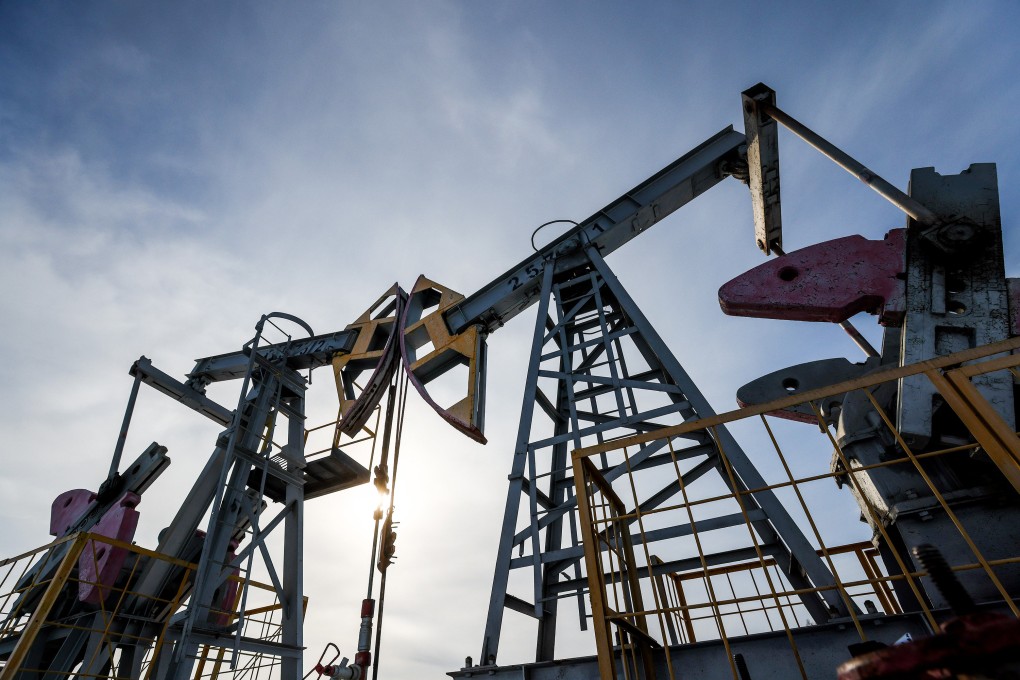Advertisement
Asia’s energy supplies, prices face uncertain future as EU’s boycott of Russia takes shape
- As Europe casts around for alternative energy sources, there are limits to US help. Turning to the Middle East and Azerbaijan has its own set of complexities
- Asia’s economies now face competition for LNG supplies and fears are growing of the knock-on effect on economic growth, political stability and climate change
Reading Time:7 minutes
Why you can trust SCMP
5

The European Union’s decision to end its dependency on Russian natural gas, as it moves towards a boycott of energy imports from the country, has set into motion a chain of events long dreaded by policymakers and industry leaders alike.
At recent conferences in the Gulf, they warned of severe ramifications for global energy supplies that could not only threaten economic growth and political stability in middle and low-income countries, but also set back efforts to battle climate change.
EU leaders moved this week to ban Russian coal imports, after agreeing last month to look for alternative suppliers of natural gas – with Washington committing to help the bloc plug its gaping supply-demand gap. Discussions are also under way on restricting oil imports. Since the war in Ukraine began, the EU has paid €35 billion (US$38.1 billion) for Russian energy, the bloc’s top diplomat, Josep Borrell, said this week.

Russia is the top provider of coal, natural gas and crude oil to the EU, but as its members cast around for alternative sources, countries with natural gas reserves and their multinational partners say they are simply not in a position to help any time soon.
“Year on year, we’ve been saying we need more investments in oil and gas – we need more resources, we need more diversity,” said Suhail al-Mazrouei, energy minister for the United Arab Emirates, at an industry event in Dubai late last month.
Financiers have faced pressure to cut back on fossil fuel funding as part of a commitment to fight climate change, touching off a global debate on the need to ensure stable supplies and prevent price shocks amid the transition to cleaner energy.
Mazrouei said energy producers now found financial institutions “hesitant” to back many oil and gas projects, even as “everyone is saying, ‘raise your production, bring more resources’”.

Advertisement
